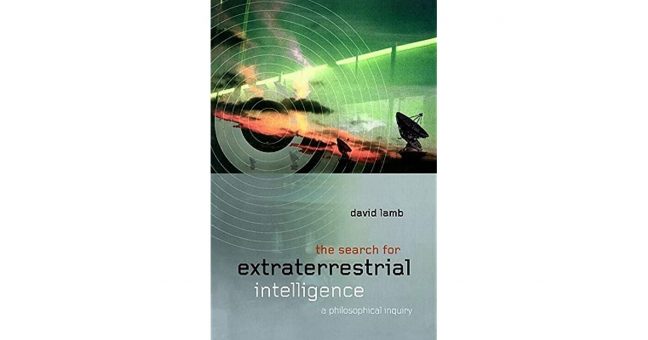mentality of US defence: ‘In the early 1980s Army Intelligence was an inventive why not-give-it-a-try sort of organization’, spending ‘millions on para-psychological experiments’.
In the Ufology literature are numerous reports of military cover-ups and disinformation policies – all suggesting that governments know of EBEs but will not tell. The reasons for the alleged cover-ups usually include [1] fear of panic and social disruption; [2] military fears that rival powers would gain access to the advanced technology which the EBEs possess; [3] a general mistrust of EBE objectives; and [4] fear of ridicule were the reports of EBEs to become recognized as a hoax. Timothy Good, who compiles and publishes reports of EBE encounters, argues that they have made contact, they are here, but that government cover-ups extend to the use of ‘black budgets’ to conceal the cost of such investigations (Good, 1993a).
A bureaucratic-inspired objective to collect and classify all data for no particular purpose can easily co-exist with military secrecy and a systematic programme of disinformation together with attempts to rubbish all serious forms of investigative research into ET-based phenomena. The seemingly paranoid assertions of Ufologists and ET watchers concerning military disinformation could very well be true, without lending any support to the usual inferences of secret military knowledge.
Military secrecy in this area can be accounted for in terms of three options. First, there is a high-level conspiracy; they know something that we don’t know and are anxious to keep it to themselves. This, however, is unlikely as contact with extraterrestrials would be of such major interest that it would be impossible to maintain secrecy for long. Second, although there is no conspiracy, usual government furtiveness and paternalism are responsible for the withholding of data. This might be because of fear about panic and ballyhoo if certain suggestive data were released. One line of reasoning here can be traced to the public response to Orson Welles’ War of the Worlds broadcast. A third reason for secrecy is fear of embarrassment. Major political and scientific figures could be lampooned by political opponents. Consider what the gossip columnists could do to a Minister of Defence if it were discovered that he once chaired a committee for UFO investigation. Just as Ufologists cite eminent witnesses to give credibility to their theories, so sceptics could destroy opponents by associating them with Ufology.
151
6
IS ANYONE THERE?
But the barriers of distance are crumbling; one day we shall meet our equals, or our masters, among the stars.
(Arthur C. Clarke, Foreword to 2001: A Space Odyssey)
Introduction
Critics of SETI research have mustered very powerful arguments against pluralism. Their arguments stress our uniqueness, the contingency of intelligent life, maintaining that the odds are stacked against the possibility of a similar intelligence to our own occurring elsewhere. These objections are considered in the first part of this chapter. Thereafter the discussion focuses on appeals to the fact that so far no contact has been made. This appeal is sometimes described as Fermi’s Paradox, so named after the Italian physicist, Enrico Fermi, who responded to arguments in favour of ETI with the throwaway retort ‘where are they?’ While it may be the case that just one authenticated contact would put an end to this dispute it is, meanwhile, important to SETI research that a resolution to Fermi’s Paradox is found.
A critical appraisal of SETI
One of the early critics of SETI was the evolutionary biologist, George Gaylord Simpson (1964a), who appealed to the uniqueness of intelligent human life, maintaining that those attracted to bioastronomy were apparently unaware of the contingency of human life. Despite the millions of diverse forms of life, Homo sapiens only represent a tiny fraction of the possible forms it can take, argues Simpson. A different start and an existing species would be different. ‘If the causal chain had been different Homo sapiens would not exist’ (Simpson, 1964a: 267). Evolution is not repeatable: ‘No species or any larger group has ever evolved, or can ever evolve twice’ (ibid.). The process of selection ‘involves long chains of non repetitive circumstances’ (ibid.). In addition to the adaptive
152
Pages: 1 2 3 4 5 6 7 8 9 10 11 12 13 14 15 16 17 18 19 20 21 22 23 24 25 26 27 28 29 30 31 32 33 34 35 36 37 38 39 40 41 42 43 44 45 46 47 48 49 50 51 52 53 54 55 56 57 58 59 60 61 62 63 64 65 66 67 68 69 70 71 72 73 74 75 76 77 78 79 80 81 82 83 84 85 86 87 88 89 90 91 92 93 94 95 96 97 98 99 100 101 102 103 104




